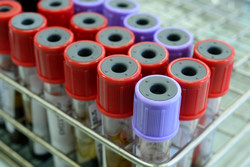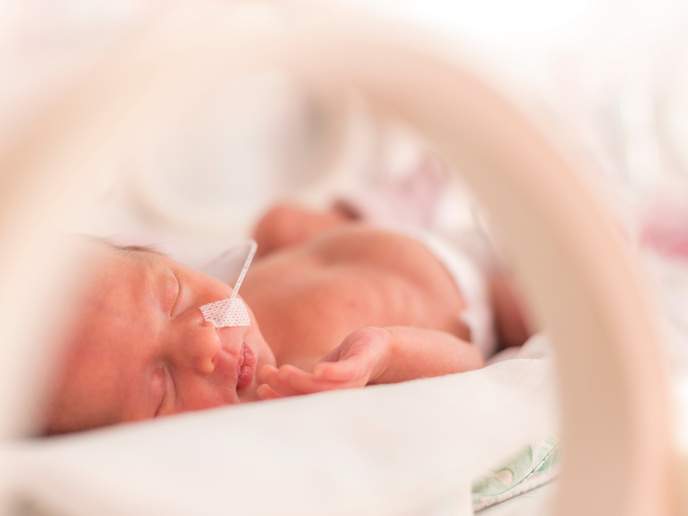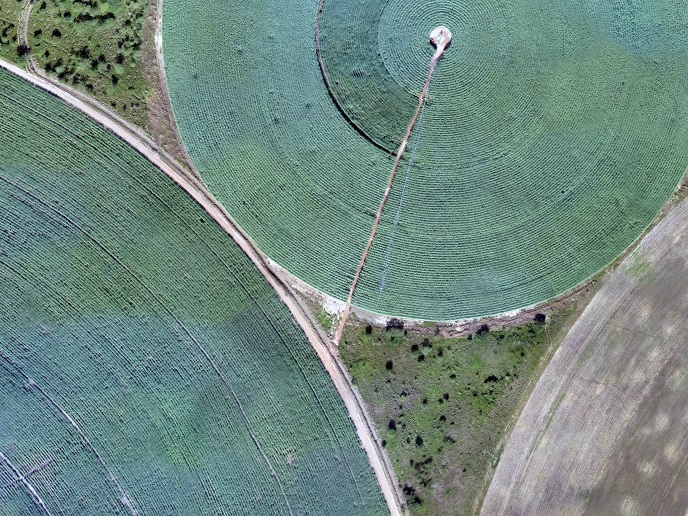How to get the most out of biobanks
Biobanks store biological specimens like human tissues and blood samples as well as genetic and medical data. The millions of specimens and associated donor information deposited in these repositories worldwide are particularly important for medical and genetics research. The EU-funded GLOBLOC BIOBANKS (Negotiating local and global requirements in biomedical research; the case of biobanking) project wanted to improve the global value of biobanks by investigating how they are used in different societies. Researchers looked at biobanks established for studying heart disease in the United States, genetics-related diseases in Singapore, and causes of premature death in India. They found that each country's health priorities affected the type of biobank they developed. Biobanks varied by the types of materials deposited and the kind of research they are used for, and have an influence on government regulations. For example, the Singapore Tissue Network contained Singapore-wide tissue and DNA samples designed to advance biomedical research in the country. Researchers did not use it however, and the government closed it down. Conversely, the repository in the United States, established in the 1940s, has become a globally relevant resource for studying both lifestyle and genetic factors contributing to heart disease. This highlights how social and political factors can influence the success of biobanks both nationally and internationally. Related to this idea, researchers found that the Indian repository catered for the needs of a low-income country, where most deaths occur undiagnosed at home. This 'million death study' attempted to find the causes of thousands of uncategorised deaths based on symptoms and other observations by household relatives. The results from the Indian study will help government efforts to prevent premature deaths in India and other low-to-middle-income countries. However, several limitations to the study design may prevent this data repository from being globally useful. Researchers concluded that scientists need to exchange more material and data between the world's biobanks to realise their enormous potential. Since biobanks are usually established with local interests in mind, such harmony requires a balance between local and global research objectives.







